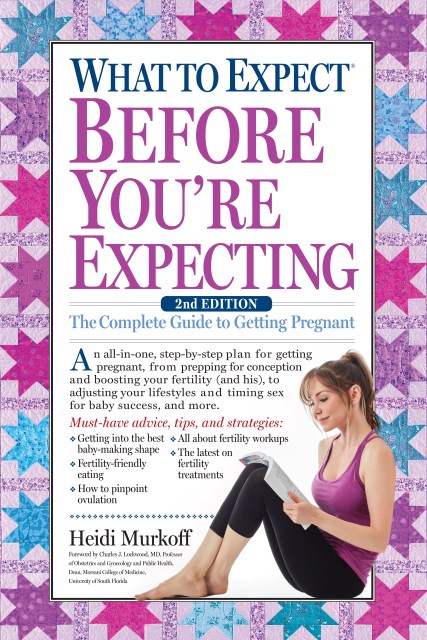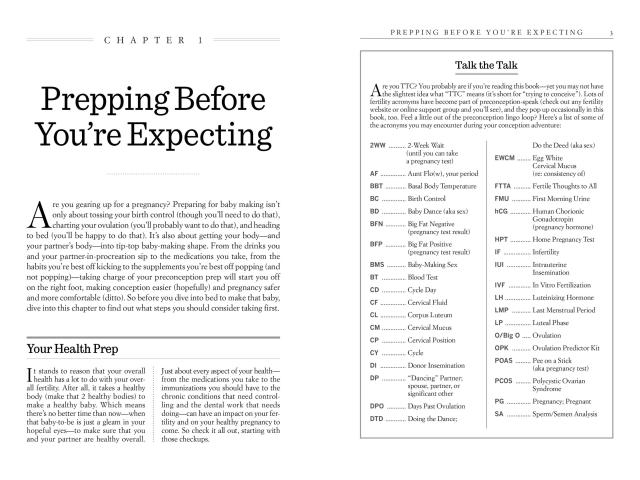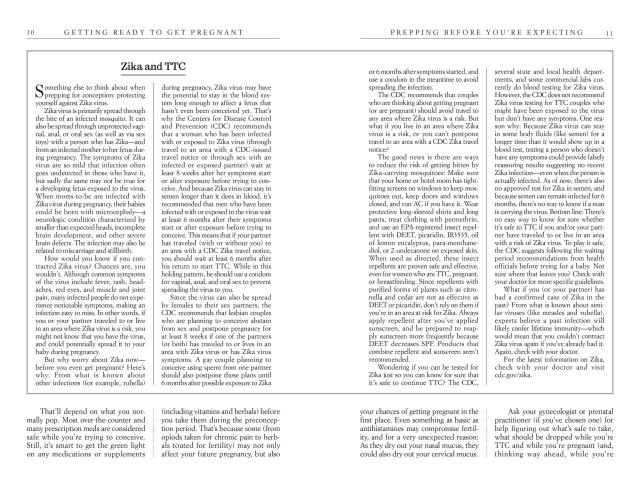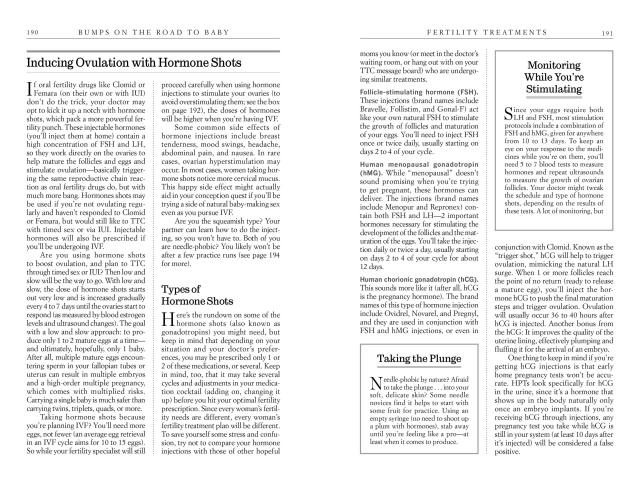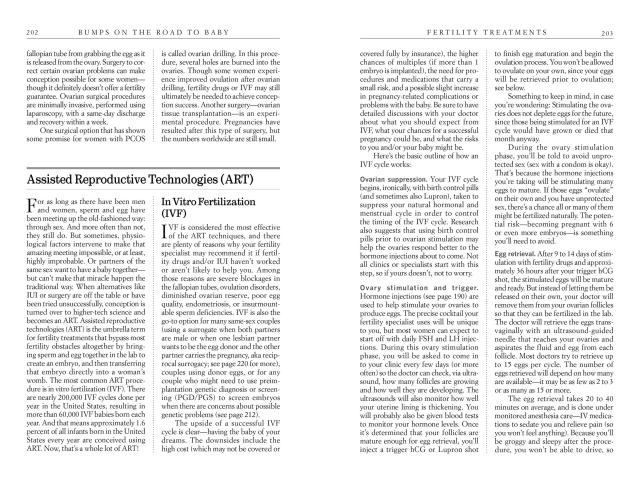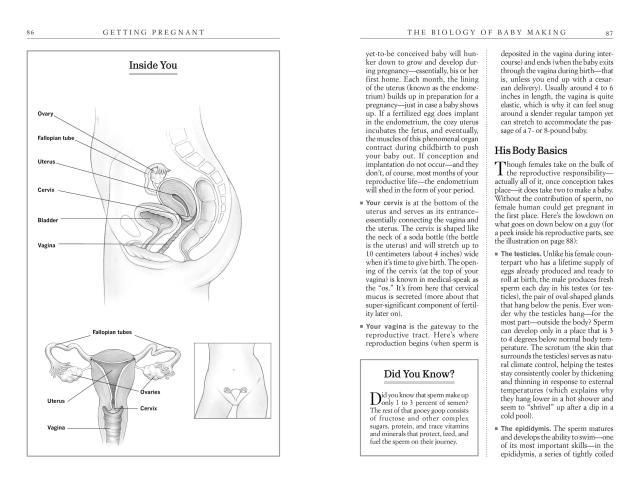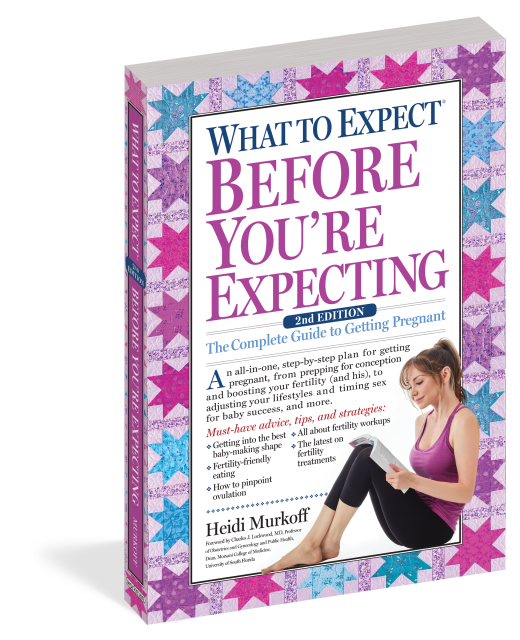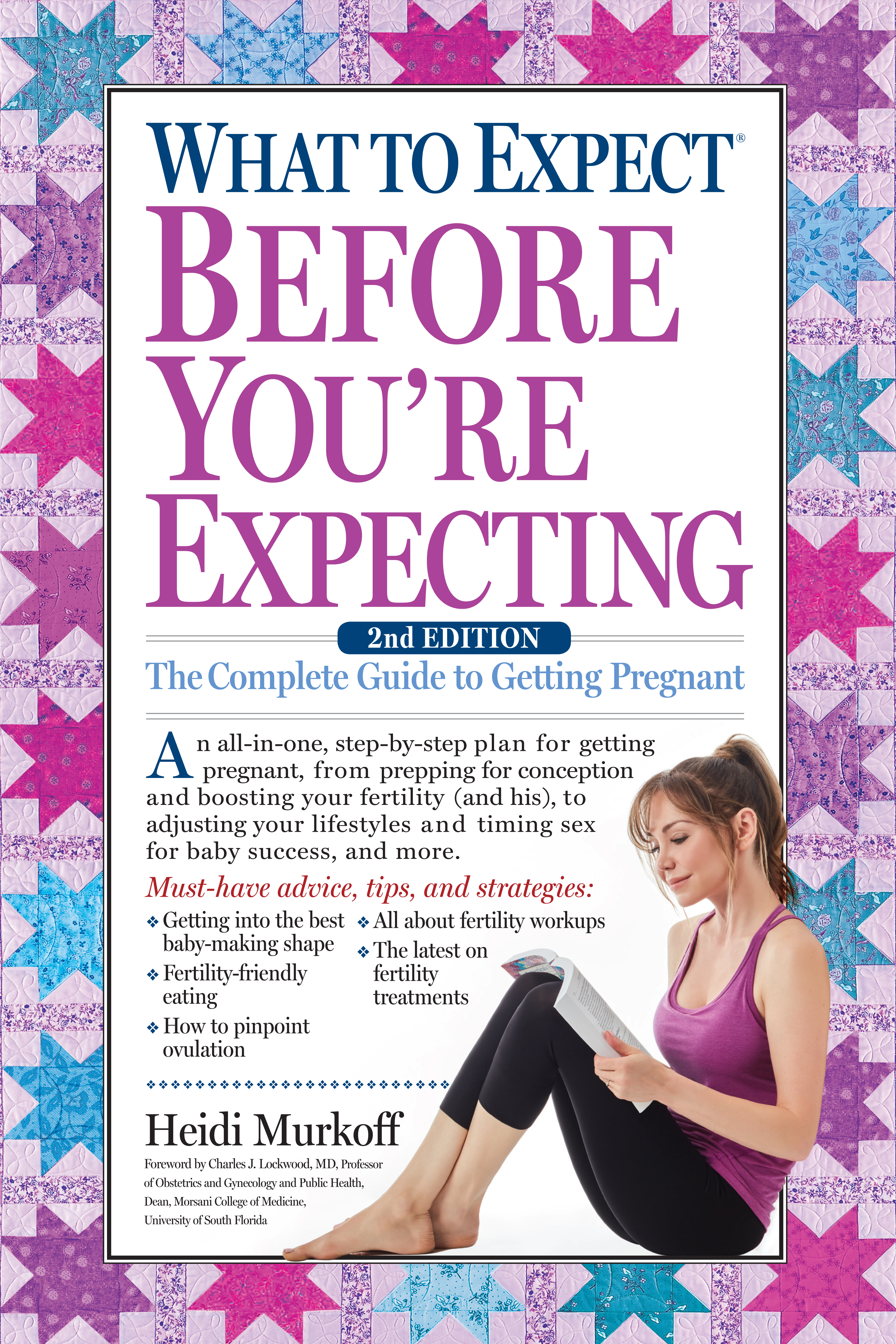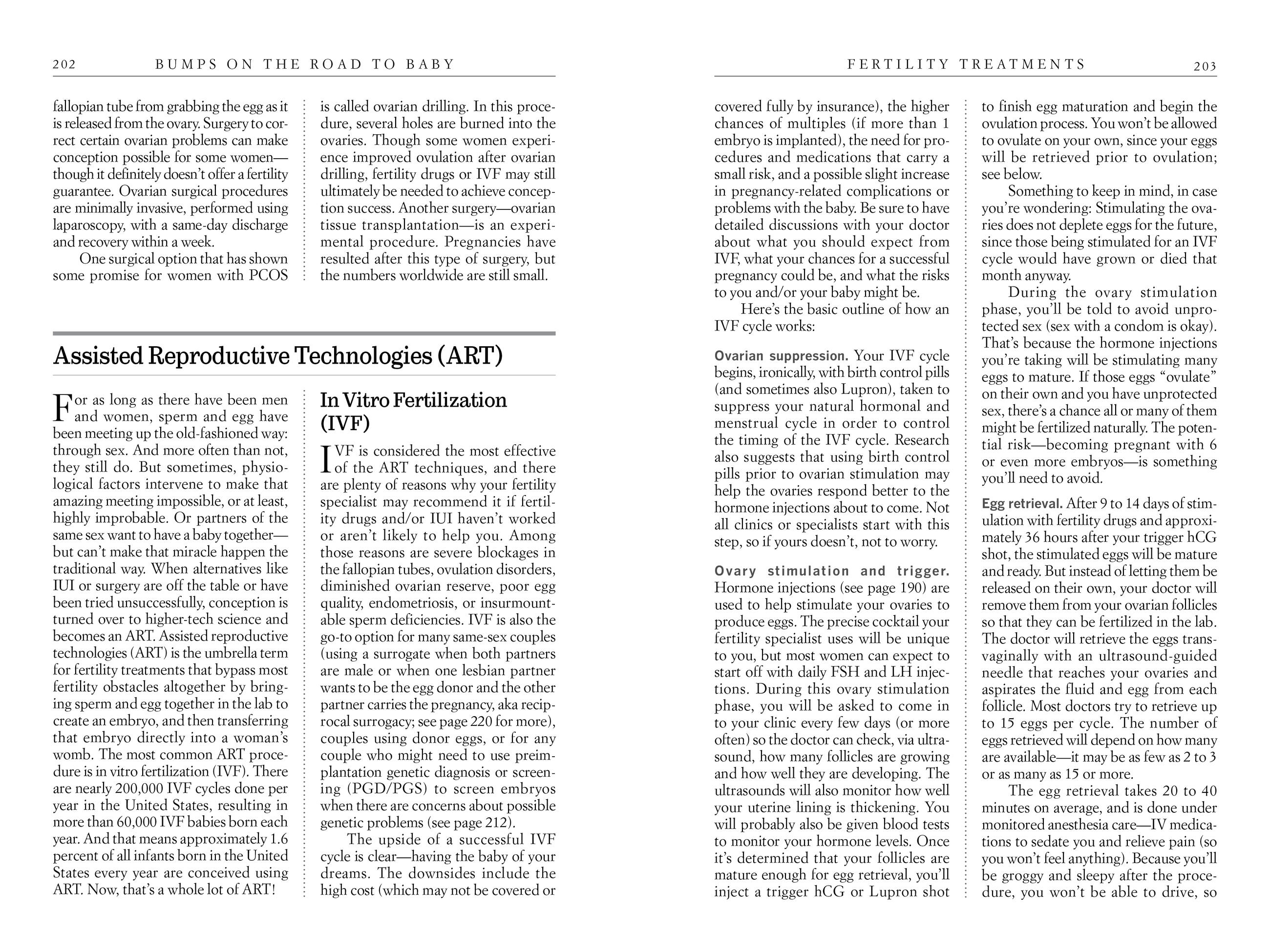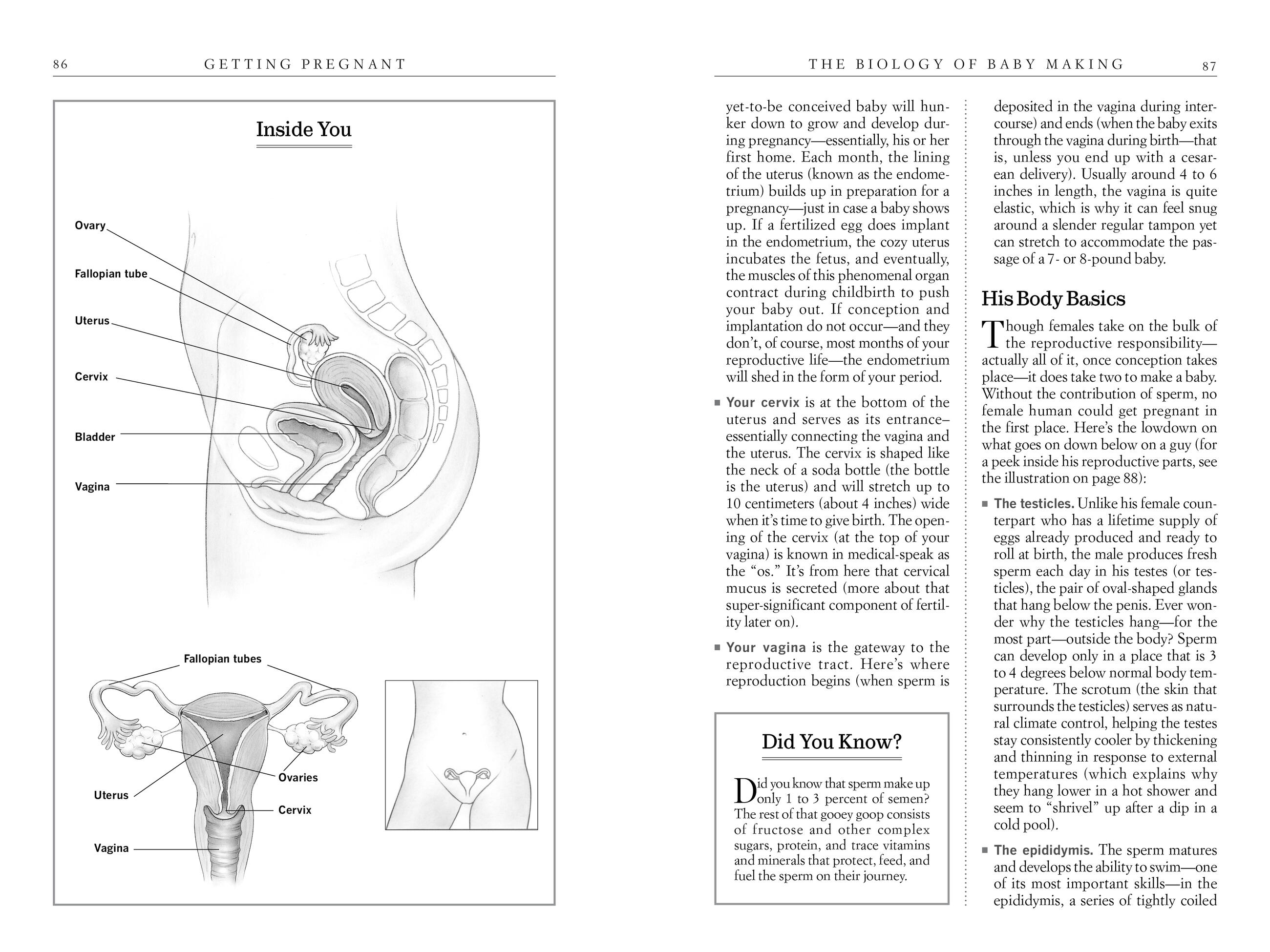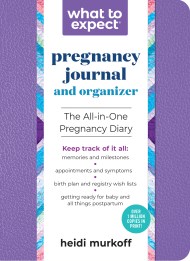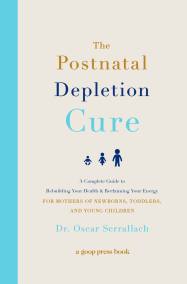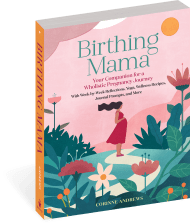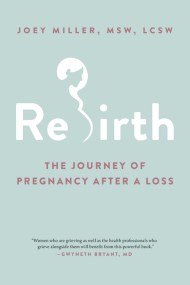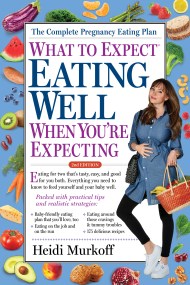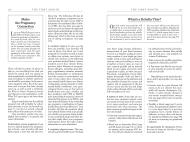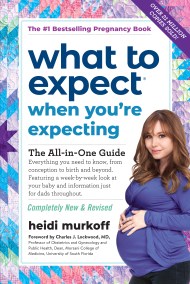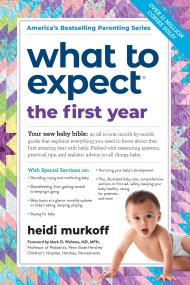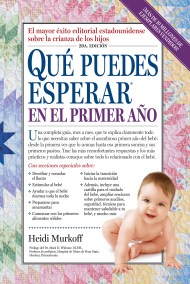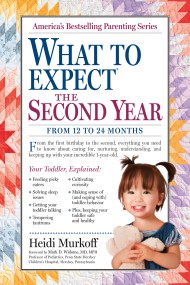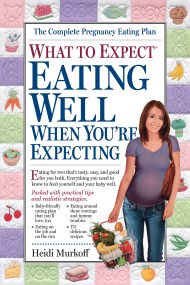Promotion
Use code MOM24 for 20% off site wide + free shipping over $45
What to Expect Before You're Expecting
The Complete Guide to Getting Pregnant
Contributors
Formats and Prices
Price
$15.99Price
$21.99 CADFormat
Format:
- Trade Paperback $15.99 $21.99 CAD
- ebook $9.99 $12.99 CAD
- Hardcover $27.50 $35.50 CAD
This item is a preorder. Your payment method will be charged immediately, and the product is expected to ship on or around October 3, 2017. This date is subject to change due to shipping delays beyond our control.
Also available from:
What to expect. . . the first step. Answers to all your baby-making questions.
- Are there ways to improve our chances of having a girl (or boy)?
- Does stress affect fertility?
- Should we be having sex every day? Every other day? Three times a day?
- I’m 37. Does that mean I’ll have a harder time getting pregnant?
- How long should we keep trying to conceive before we get some help?
- What fertility treatments are available—and how will we be able to pay for them?
Expecting to expect? Plan ahead. Here’s everything you need to know to help prepare for the healthiest possible pregnancy and the healthiest possible baby. Filled with practical tips, empathetic advice, and savvy strategies, all designed to help you get that baby of your dreams on board faster. How to get your body into the best baby-making shape. Which foods feed fertility. Which lifestyle habits to quit and which to cultivate. All about baby-making sex, from timing to positions to logistics—and how to keep it sexy. Figuring out your fertility (and his). When to seek fertility help, and the latest on tests, treatments, and reproductive technology. Expecting to become a dad? This book has you covered, too. Plus, all about the family-building options for single women and same-sex couples.
Genre:
- On Sale
- Oct 3, 2017
- Page Count
- 304 pages
- Publisher
- Workman Publishing Company
- ISBN-13
- 9781523501502
Newsletter Signup
By clicking ‘Sign Up,’ I acknowledge that I have read and agree to Hachette Book Group’s Privacy Policy and Terms of Use
